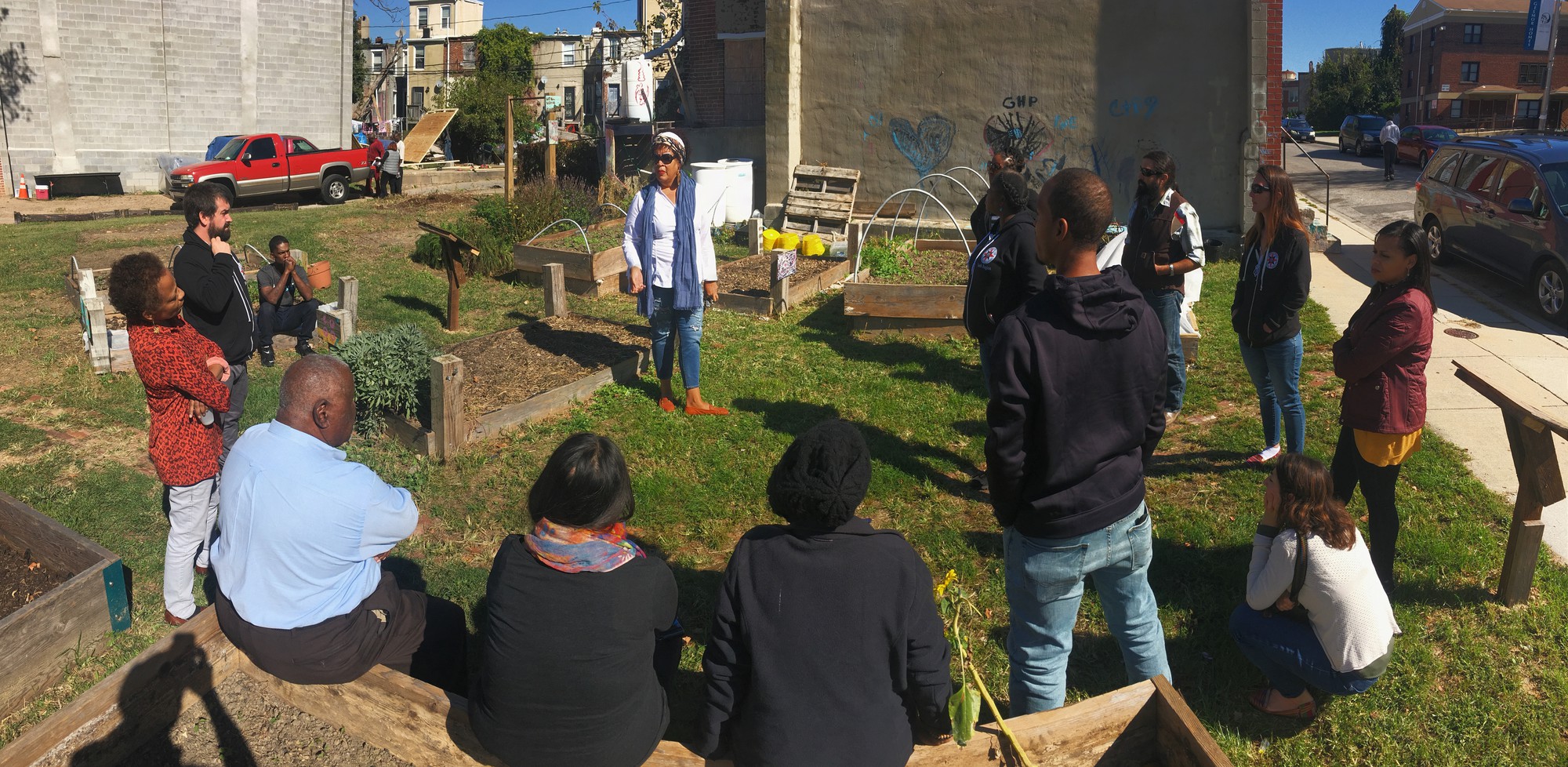
Children ripped from their parents at the U.S.-Mexico border. People crowded in cages without adequate food or sanitation. Hundreds of workers arrested in immigration raids.
Since President Trump took office, acts of cruelty against immigrants perpetrated by Immigration and Customs Enforcement (ICE) and Customs and Border Protection (CBP), part of the Department of Homeland Security (DHS), have made headlines. But human rights abuses by these agencies aren’t new. Since the creation of DHS in 2003, ICE and CBP have separated countless families, caused the deaths of migrants seeking refuge, and terrorized our communities.
“Every day, we see the consequences of the administration's policies of violence and racism against our immigrant community members, and we know that the infrastructure to inflict this terrible harm has been built over many decades – in our name and with our taxpayer money,” says Maggie Fogarty, co-director of AFSC’s New Hampshire Program.

Since 2003, more than 180 people have died in ICE custody, and since 2010, at least 90 have died after interactions with CBP. Those detained by ICE and CBP face horrific conditions – all too often they are denied health care, given rotten food, and sexually and physically abused by guards.
Yet ICE and CBP have remained unaccountable to the courts, to our communities, and to Congress, which has repeatedly urged the agencies to improve detention standards.
In fact, despite their history of human rights violations, ICE and CBP have larger budgets now than ever before – more than doubling from 2003 to over $20 billion today. And the Trump administration continues to push for more funding for DHS to lock more people up, hire more ICE and CBP agents, and further militarize border communities with walls and surveillance technology.
Communities organize to defund ICE and CBP
It’s long past time to stop ICE and CBP’s abuses. And one of the most effective ways we can do that is by demanding Congress stop the flow of money to these agencies.
“As an organization, AFSC is committed to demilitarizing our border communities and abolishing ICE in order to stop the detention and deportation of all people,” says Kathryn Johnson, AFSC policy advocacy coordinator. “Defunding ICE and CBP is a key step as we work toward those goals.”

That’s why AFSC has joined with more than 30 organizations in the Defund Hate coalition, calling on Congress to significantly cut the budget for this abusive immigration enforcement system. The coalition represents people directly affected by ICE and CBP, faith leaders, and civil rights and immigrant rights advocates.
“Together, we’re working to influence the appropriations process – lobbying Congress to steer funding away from ICE and CBP and toward programs our communities actually need to thrive, including education, housing, and health care,” Kathryn says. “We’ve organized actions on Capitol Hill and in multiple U.S. cities, advocated in the media, and generated hundreds of thousands of letters, petition signatures, and phone calls to legislators.”
Our efforts are having an impact. Since 2017, the Defund Hate Coalition has helped stop more than $7 billion in funding to ICE and CBP.
Immigrant leadership
For people like Lupe Lopez in Denver, Colorado, the call to defund hate is one more way she can protect her community. Lupe is a leader with the Not1More Table, an immigrant-led group supported by AFSC that brings immigrant families together to share information and help stop deportations. Since 2012, Lupe and her husband, who are undocumented, have struggled to remain in the United States – with their five U.S. citizen children – where they belong.
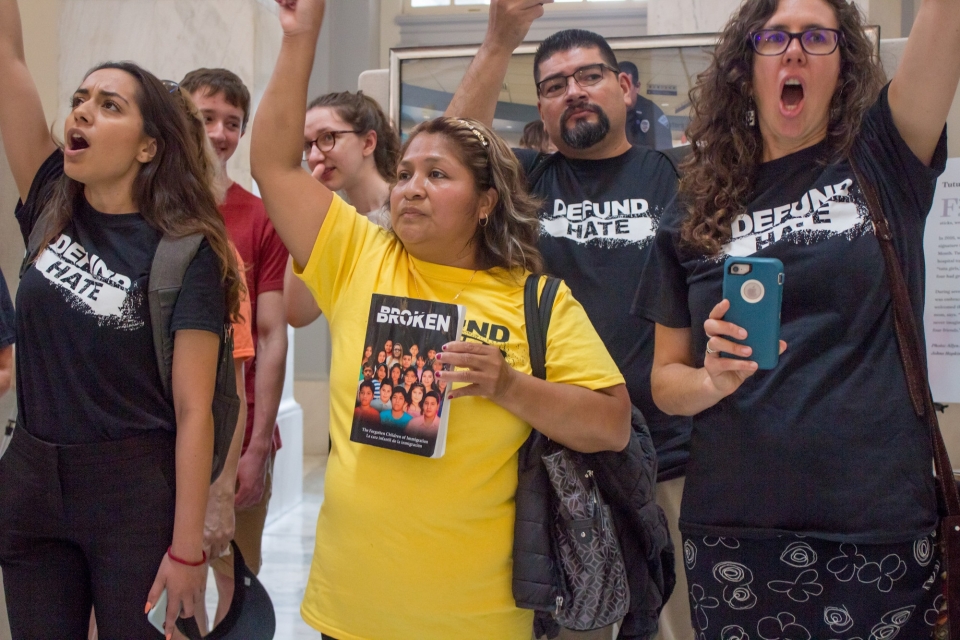
This summer, Lupe and two other Not1More members traveled with AFSC staff to Washington, D.C. for a Defund Hate training and strategy session on advocacy, speaking to the media, and engaging people in their own communities.
The gathering “inspired me to continue in this fight and gives me hope to know that we are not alone,” Lupe says. “For me, it is important that Congress cuts the funds because the detention and deportation machine only causes harm to our community.”
Through Defund Hate, more communities across the U.S. are getting involved in the struggle to stop ICE and CBP. In August, dozens of people attended AFSC’s quarterly vigil outside the privately-run GEO detention center in Aurora, Colorado.
“It was an opportunity for us to talk about how Congress is funding this inhumane treatment of immigrants in our own community -- not just at the border,” says Gabriela Flora, a program director for AFSC’s Colorado Program and co-coordinator of the Not1More Table. “We were able to connect what was happening in D.C. – which can seem far away – to what was happening inside the detention center behind us, where community members have family members inside. And it becomes clearer why we all need to be urging Congress to defund hate.”
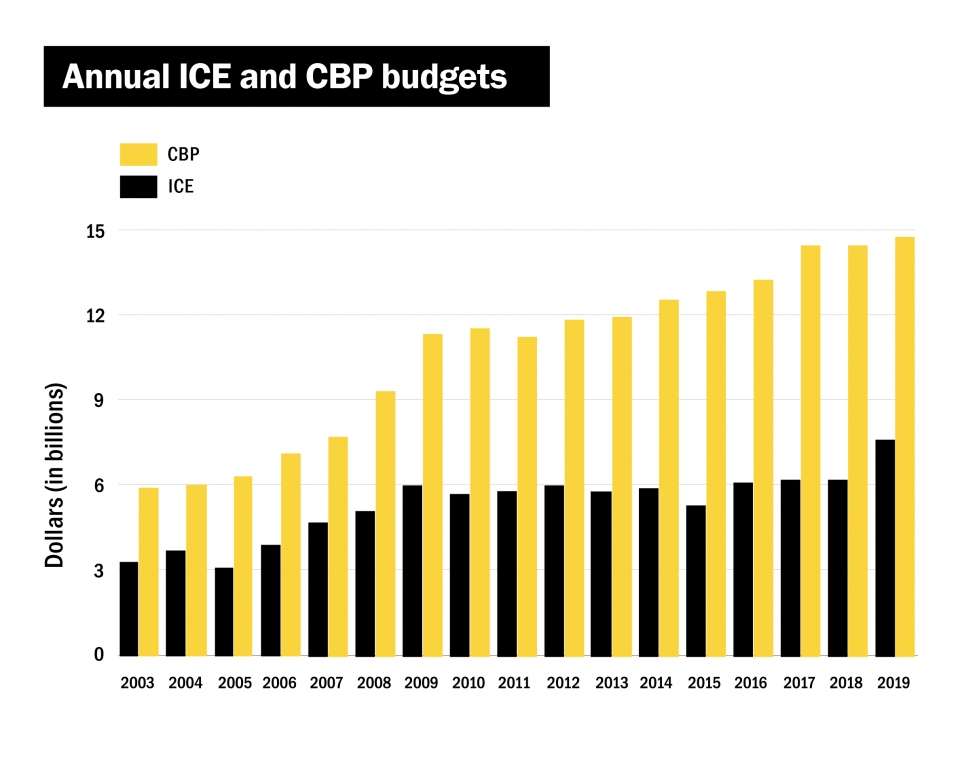
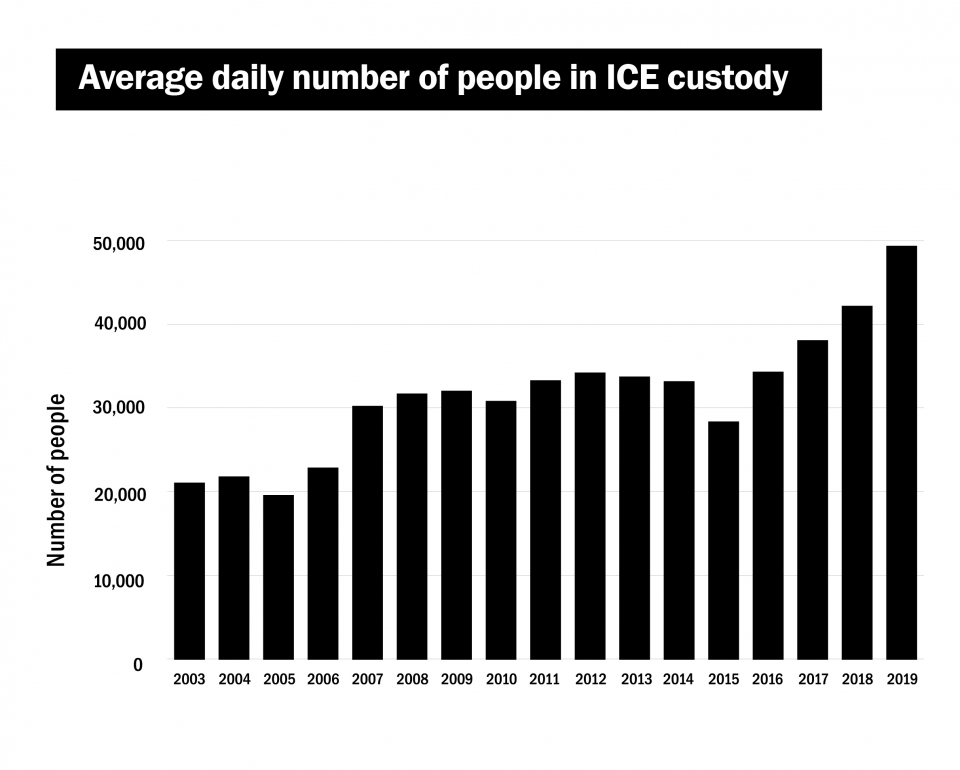
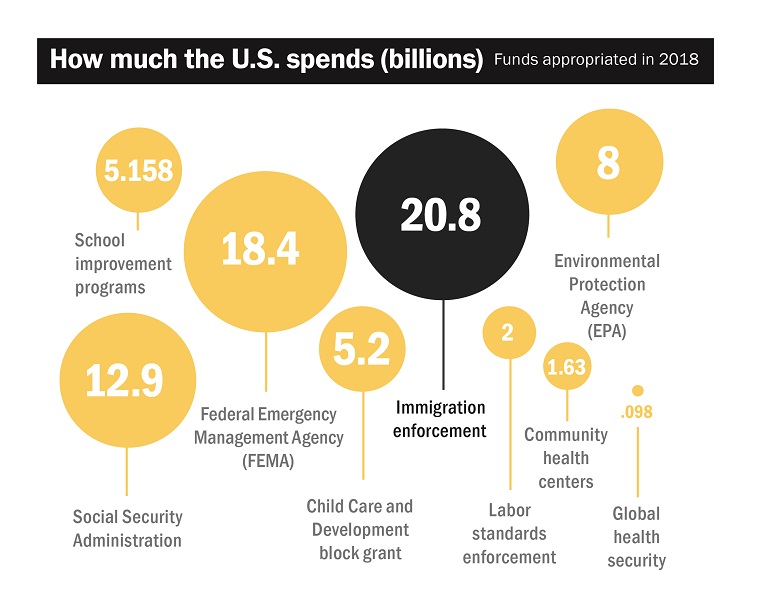
How can you join the campaign to Defund Hate?
Visit https://defundhatenow.org to:
- Send messages to Congress to cut funding to ICE and CBP.
- Get social media graphics and posters for your next action.
- Find tips for questioning political candidates on the campaign trail on whether they support humane immigration policy.
